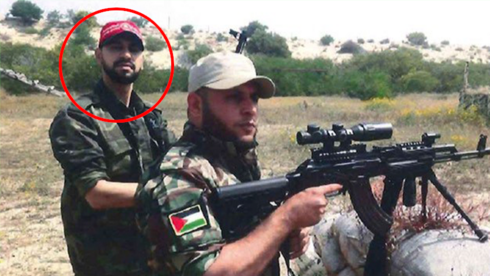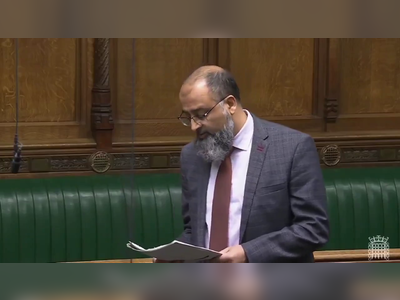
Migrant Charged with Joining October 7 Massacre: Fought Alongside Hamas and Lied to Enter the United States
A Louisiana resident who left the Gaza Strip and entered the United States by denying any involvement in terrorism has been arrested by the Federal Bureau of Investigation (FBI) on charges linked to the October 7 massacre. According to U.S. authorities, Mahmoud Amin Yaqoub al-Muhtadi, aged thirty-three, was an active member of the Democratic Front for the Liberation of Palestine (DFLP) — a militant faction that fought alongside Hamas during the attack against Israeli civilians.
Prosecutors allege that on the morning of the assault, al-Muhtadi actively incited others to participate, urging them to “bring the rifles” and declaring that “the borders are open.” His cellphone activity placed him in Kibbutz Kfar Aza, one of the most heavily targeted locations, where dozens of civilians — including American citizens — were slaughtered.
A criminal complaint filed in the U.S. District Court for the Western District of Louisiana on October sixth accuses al-Muhtadi of providing material support to a foreign terrorist organization and visa fraud. Investigators say he secured a U.S. immigration visa under false pretenses, claiming in his application from Cairo in June 2024 that he had never engaged in terrorism. However, evidence from his social media accounts and email communications showed a long history of involvement with the DFLP, including participation in weapons training.
Al-Muhtadi entered the United States three months later and became a lawful permanent resident. He initially settled in Tulsa, Oklahoma, stating his intention to work in auto repair or food services, before relocating to Louisiana in May 2025 to work in a restaurant. Between July and September, FBI agents interviewed him multiple times. During this period, a relative warned him that he was under federal surveillance and advised him to avoid DFLP members and to stop posting pro-Hamas content online. Al-Muhtadi allegedly replied that he could post “whatever he wanted,” including images of Hamas leaders, and that he “would be safe.”
While al-Muhtadi has not been charged with murder, prosecutors say that at least sixty people were killed in the attack on Kfar Aza, and phone records indicate he was present during the massacre. Additional messages presented to the court show him requesting ammunition and body armor for others preparing to join the assault.
The case is one of the first prosecutions of a lower-level militant involved in the October 7 massacre to be brought before a U.S. court, following previous indictments of senior Hamas leaders for their roles in orchestrating the attack.










